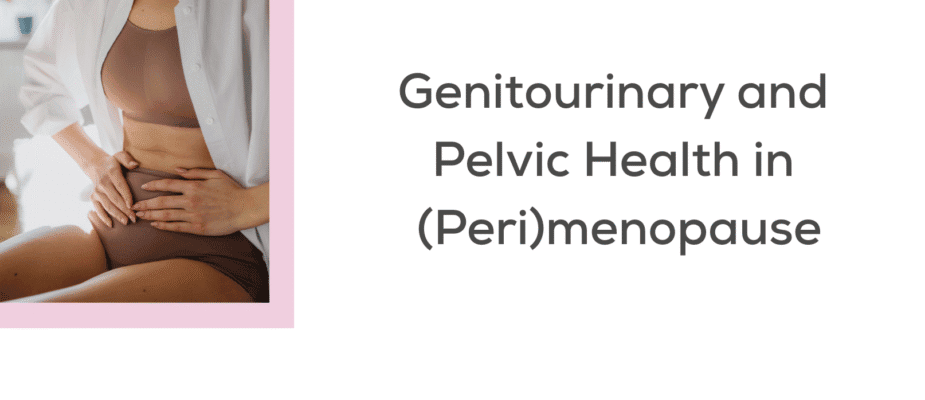Menopause and Heart Disease
Before the menopause, women in general have a lower risk of being affected by coronary heart disease. But after the menopause, their risk increases. Estrogen is a hormone naturally produced by a woman’s ovaries. Estrogen receptors are found in almost every organ in the body.
Amongst the other work estrogen does, it also helps to control cholesterol levels and by doing so it reduces the risk of fatty plaques building up inside the walls of arteries. With age, blood vessels become stiffer. This can result in high blood pressure. High blood pressure is a risk factor for heart attacks and stroke.
With the drop in estrogen levels at (peri)menopause, our vessels are less likely to be protected against narrowing and plaque build-up. This increases the likelihood of coronary artery disease like heart attack and other circulatory conditions like stroke.
Early menopause and heart disease
Women who experience early menopause (under the age of 40) should consider replacing their hormones even in the absence of common symptoms like hot flushes and night sweats. This is because they are at higher risk of developing premature coronary heart disease.
It is important for their individual risk vs benefit for taking HRT to be weighed up. This becomes even more important in those with significant family history of early onset heart disease which can indicate they have a higher genetic predisposition to developing early heart attack, stroke, and other circulatory conditions.
Menopause and heart palpitations
Heart palpitations or racing heartbeat is another symptom menopausal women can experience. This can happen either during an episode of hot flush or in isolation. For most women the palpitations are harmless and is not indicative of a heart problem but it’s important to check this with your healthcare provider.
HRT can be taken for two main reasons:
- Alleviations of (peri)menopause symptoms
- Prevention or delay of chronic disease like heart disease
Previously with use of synthetic and oral HRT (taking a pill of estrogen ) there was a worry about risk of blood clot which could result in either a DVT (deep venous thrombosis) or pulmonary embolus (embolus in lungs). This risk is reduced when taking biologically identical estrogen via skin as a gel, spray, or patches.
Recent evidence shows that women taking transdermal (across skin) HRT are not more likely to die from a heart attack than those who are not taking HRT.
Peri-menopause is an ideal time for women to get a full check-up and assessment of their health and to reduce risk of chronic disease with lifestyle modifications such as appropriate exercise and nutrition. In the absence of particular risk factors they should also consider replacing their hormones.
Summary
To summarise, to help prevent heart disease, (peri)menopausal women should discuss their symptoms and concerns with expert healthcare professionals who can assess their risk to benefit ratio and advise them on the best line of treatment.
If you’re concerned about heart disease during perimenopause and menopause and would like to find out how OMC’s personalised treatment plans can help you, get in touch via our Contact page or Book a consultation with an experienced menopause doctor.




